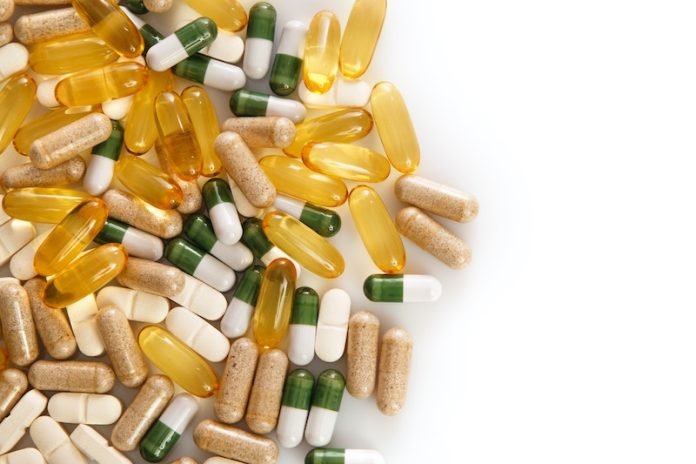
What’s the Buzz About Omega-3?
Omega-3 fatty acids are popular for their potential health benefits. You’ve probably heard that they’re good for your heart, brain, and eyes.
Many people take omega-3 supplements, often labeled as fish oil, hoping to reap these benefits. These supplements can come from various sources like fish, krill, or even algae.
However, a new study led by researchers at George Washington University (GW) suggests that almost half of these over-the-counter supplements may not be as fresh as you think.
The Problem: Rancidity
The researchers set out to understand how fresh these supplements are. They focused on something called ‘rancidity,’ which is when the oil in the supplements starts to break down.
When that happens, the supplements lose their nutritional value. Leigh A. Frame, a professor at the GW School of Medicine & Health Sciences, said,
“Our study suggests many of these supplements are not fresh—and thus may not provide a potential health benefit. Consumers are not getting what they paid for.”
Six Years of Testing
The team conducted tests over six years on 72 popular brands of omega-3 supplements. They found that 45% of them showed signs of rancidity.
That’s almost half! Interestingly, they also found that added flavors in the supplements might be hiding this problem. Out of flavored supplements, 32% tested positive for rancidity, and 13% of unflavored ones did.
The Problem with Flavoring
Jacob Hands, the study’s lead author, explained that flavoring can mask the taste and smell that reveal a supplement’s freshness. But that’s not all.
The flavoring also makes it harder for experts to figure out how much the supplement has broken down. In other words, if your fish oil doesn’t smell fishy, it may not necessarily be a good thing!
Why You Should Be Cautious
Sure, there are organizations like ConsumerLab.com and U.S. Pharmacopeia that test how pure these supplements are. But they don’t guarantee freshness.
Leigh A. Frame pointed out that many factors can affect how fresh a supplement is by the time it gets to you, such as how it was stored.
A Word of Caution
Because the Food and Drug Administration (FDA) regulates these supplements like food and not medicine, there’s no guarantee you’re getting the health benefits you’re paying for.
Both Frame and Hands suggest being extra careful with flavored supplements due to the concerns about freshness.
What Can You Do?
So, what can you do to ensure you’re getting what you paid for? Well, you might want to stick to trusted brands and consider opting for unflavored options.
Paying attention to storage conditions on the packaging can also give you some hints. But perhaps the biggest takeaway is to be a savvy consumer and understand that what’s inside the bottle might not always be as good for you as you think.
If you care about heart health, please read studies about how eating eggs can help reduce heart disease risk, and Vitamin K2 could help reduce heart disease risk.
For more information about heart health, please see recent studies about how to remove plaques that cause heart attacks, and results showing a new way to prevent heart attacks, and strokes.
The research findings can be found in the Journal of Dietary Supplements.
Follow us on Twitter for more articles about this topic.
Copyright © 2023 Knowridge Science Report. All rights reserved.



